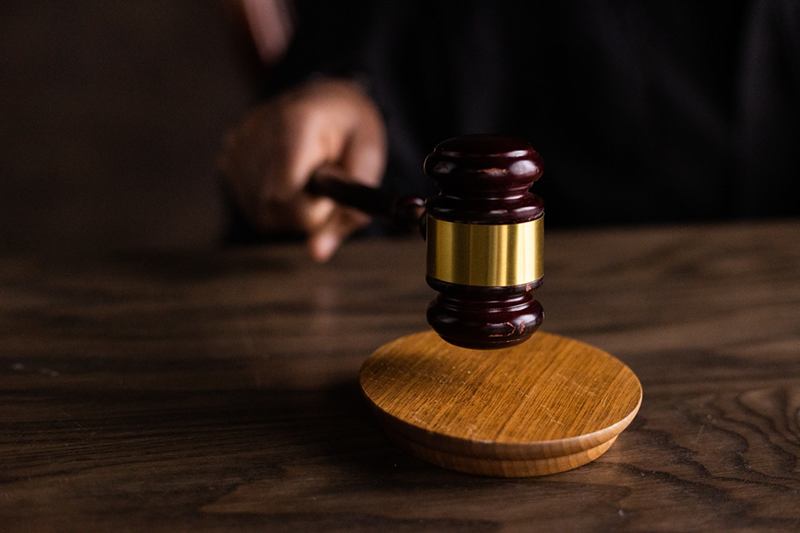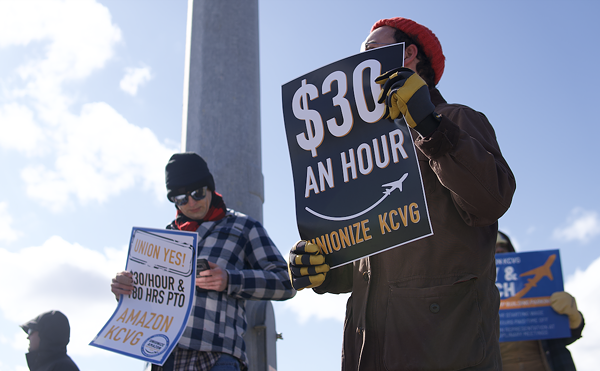
Photo: Ekaterina Bolovtsova, Pexels
The Ohio Constitution “confirms that freedom of choice in health care is a fundamental right,” a Hamilton County judge says.
A Hamilton County judge ruled in favor of abortion clinics in the state again in blocking a fetal tissue disposal law for a second time.
The lawsuit asked for the court to keep the Ohio Department of Health from enforcing a state law that said patients having an abortion must bury or cremate the remains, at the cost of the abortion clinics.
Judge Alison Hatheway temporarily blocked the state from enforcing Senate Bill 27, saying the clinics “are substantially likely to succeed” in their lawsuit because, among other reasons, the Ohio Constitution “confirms that freedom of choice in health care is a fundamental right.”
“Given the breadth of the Ohio Constitution’s guarantees of bodily autonomy, privacy and freedom of choice in health care, strict scrutiny must apply to a law that infringes on this protection for patients and their medical providers,” Hatheway wrote in her ruling.
Planned Parenthoods and other clinics in Ohio have maintained that they and all other clinics in the state dispose of surgical abortion tissue as regulated by other laws for medical waste.
The judge pointed out in her decision that the law “is not narrowly tailored to serve a compelling state interest,” and it’s “unclear” why clinics’ current method of tissue disposal – incineration, a process similar to cremation – is improper to the state.
The fact that the state doesn’t require other health care facilities to dispose of the same types of tissue from miscarriages and fertility treatments in the same way, Hatheway said, casts “strong doubt” on the state’s intentions with the law.
“Finally, while (the state claims) SB 27 increases patient choice in disposition of tissue, it actually does the opposite by limiting disposition to only cremation or interment – disposition options that patients can already choose under the requirements that previously applied to disposal of tissue from a (surgical) abortion,” Hatheway wrote.
After the clinics sued last year, the judge blocked the law temporarily because the forms and regulations the clinics were supposed to follow as part of the law were not created when the law was set to take place.
In the previous ruling, Hatheway said the law “substantially interferes with, if not denies” the constitutional right to abortion in Ohio, a point she made yet again in the most recent ruling.
“Additionally, the law may prevent abortion patients seeking to identify or convict a perpetrator of sexual assault or seeking to diagnose a medical condition from sending the tissue to pathology or crime lab without providers risking violating SB 27,” the court ruling stated.
Planned Parenthood filed this most recent lawsuit along with the ACLU, asking Hatheway to block the law for good this time. Abortion clinics had until Feb. 8 to comply with the law after the Ohio Department of Health finalized rules under the law on Dec. 30.
Hatheway said the state can’t enforce the state law “until final judgment is entered” in the case, but did not give a timeline on final judgment.
The Ohio Department of Health declined to comment on pending litigation, but the ACLU and Planned Parenthood, along with the Women’s Med Center Dayton, Northeast Ohio Women’s Center and Preterm-Cleveland all released a joint statement praising the decision.
“Compliance with this law would have a devastating impact on the ability of Ohioans to access time-sensitive health care, and intentionally denies them autonomy over their own lives, especially harming people with low-incomes, our Black, Latino and Indigenous communities, and people in rural communities,” the groups stated on Wednesday.
This story was originally published by the Ohio Capital Journal and is republished here with permission.
Stay connected with CityBeat. Subscribe to our newsletters, and follow us on Facebook, Instagram, Twitter, Google News, Apple News and Reddit.
Send CityBeat a news or story tip or submit a calendar event.





